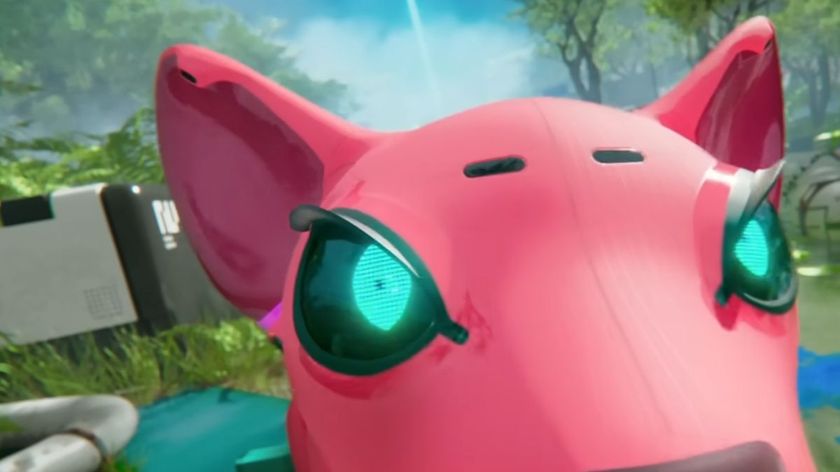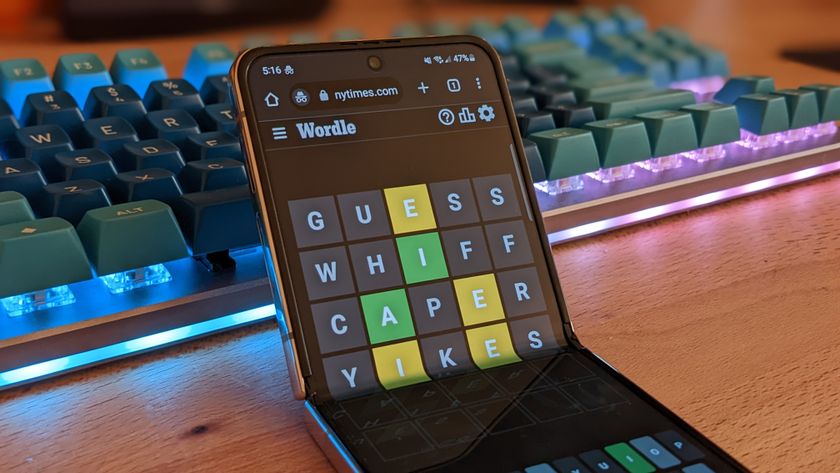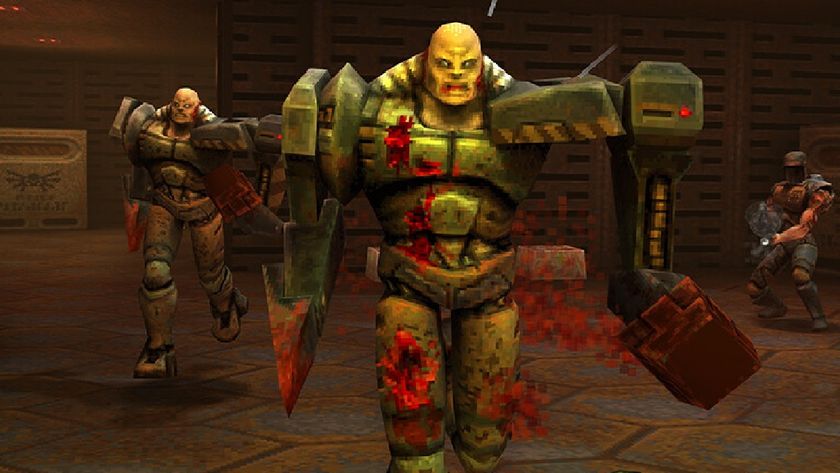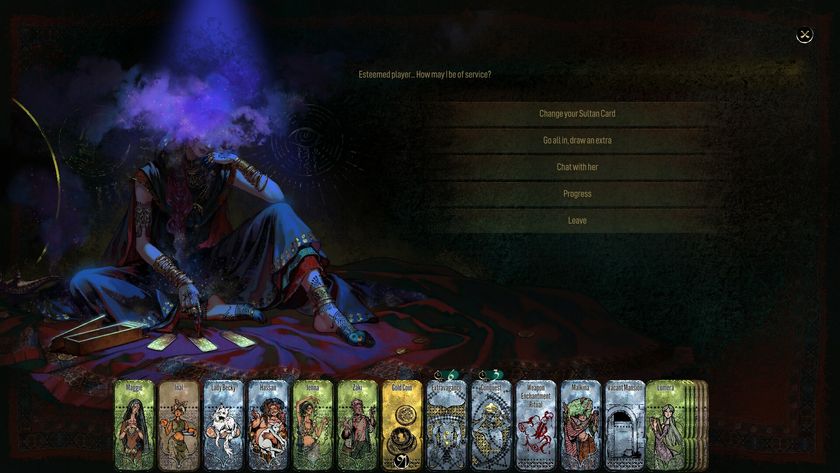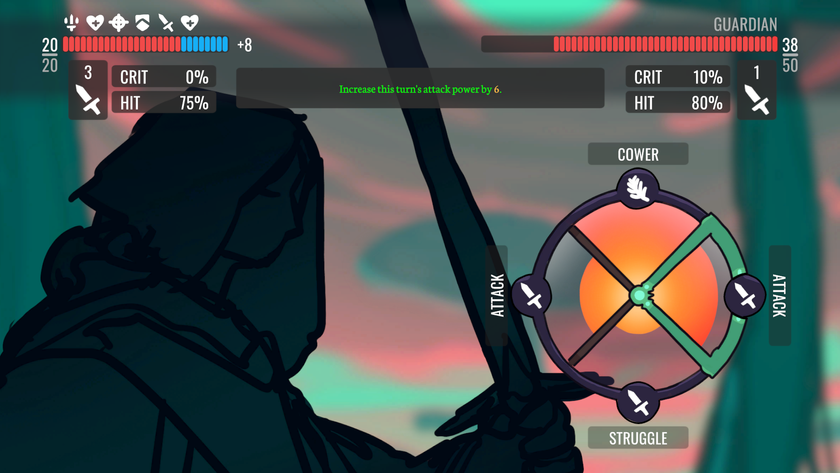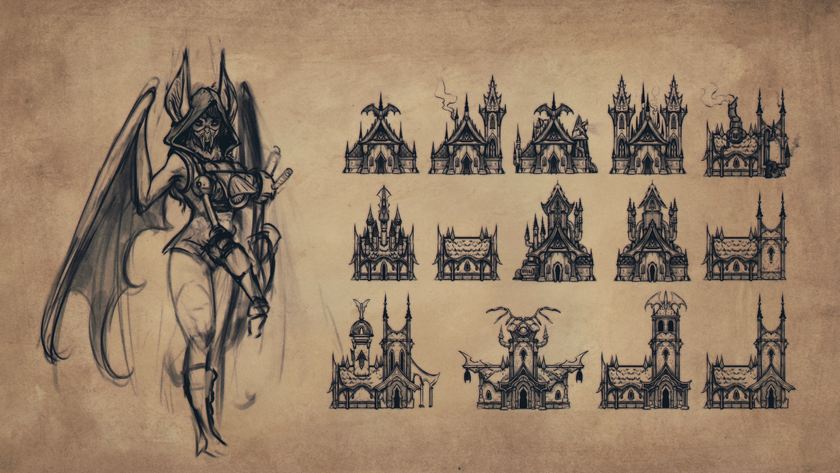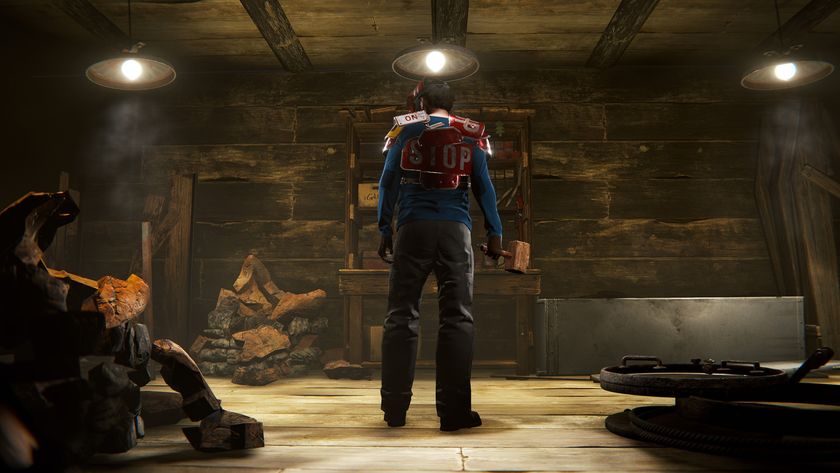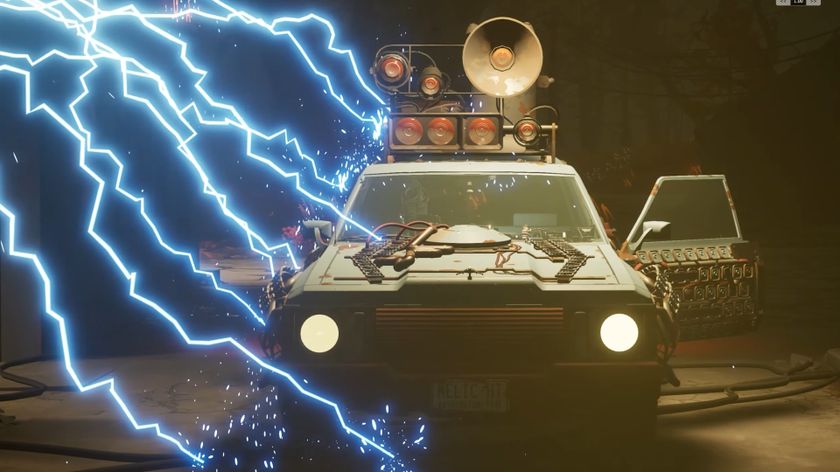Why a CS:GO sale hurts CS:GO

I want more people to play CS:GO. With caveats made for its flaws (64-tick servers, uninspiring stat tracking, the modest number of official maps, and imperfect cheat detection), CS:GO is the best competitive FPS on PC today. Until Evolve or Rainbow Six Siege come around, I expect that to continue uncontested.
But for the veteran player, someone who's thrown hundreds of hours at that competitive mode, a CS:GO Steam sale like today's—$7.49 / £5.99 until Friday—isn't a happy event. It's a harbinger of hackers and competition-souring “smurf” accounts.
CS:GO's price drop is an invitation for those who hack to buy one or several new copies of the game and tie them to new, unique Steam accounts. These secondary accounts insulate your main profile—where you keep your game library and everything else that's valuable—from the consequences of cheating. We've recently investigated the seemingly healthy shadow industry of cheating in games like CS:GO, but it's worth underlining how especially disruptive cheating is in the second-most popular game on Steam.
What's challenging about hacking in CS:GO is that much of the onus is on the players to report and police themselves, but competitive play makes it inherently difficult or time-consuming to verify a hacker. Naturally, you're not allowed to spectate an opponent mid-match, so if I want to be sure that someone's playing illegitimately, I have to be mad enough to take the time to stop playing, load up my match replay, scrutinize my opponent's actions, report them, and then just… trust that the system will catch them.
There's no immediate judgment or verification that you caught a hacker; users that receive enough reports, to my understanding, are simply passed along to CS:GO's Overwatch system, where a player (who's recorded at least 150 wins in competitive mode) watches excerpts of the match and makes a judgment. Reporting a hacker is like calling a 911 line that cannot talk back to you. It's an unsatisfying system even when it works, and I'm upset knowing that CS:GO's sale will invite more abusers into the system.
You also can't simply leave a match to avoid subjecting yourself to a hacker. Abandoning a match for any reason penalizes you, preventing you from playing competitive mode for a period—for days at a time, for frequent offenders.
But smurf accounts, at least from my experience, are the lesser but more ubiquitous annoyance that a discounted CS:GO stimulates. To the seasoned competitive player, the signs of a smurf are much more obvious than a hacker: you look for a CS:GO profile with very few achievements unlocked or custom weapon skins equipped, tied to a Steam account with CS:GO as its only owned game (“Wow, such dedication. So hardcore,” I usually type mockingly when I encounter one of these players). Having one or more smurfs in your match is more subtle disruption but often just as bothersome as hacking: smurf accounts don't receive a rank in the matchmaking system until they've won 10 games, allowing them to be matched with players that aren't at their true skill level.
The biggest gaming news, reviews and hardware deals
Keep up to date with the most important stories and the best deals, as picked by the PC Gamer team.
It's a method of circumventing the matchmaking system (often as a way to play with friends who aren't near the same rank), one not unfamiliar to League of Legends players and other free-to-play games. When I'm up against such a player, there's no tool within the reporting system for me to flag their account—and why should there be? As far as Valve's concerned, that player is another legitimate customer. Solutions like IP banning would be over-aggressive: what if that account is legitimately a friend or sibling?
I want to see the CS:GO community grow, but I bemoan that the game I play most going on sale will probably mean that I'll encounter a few more cheaters and rank-dodging players in the next month or two. To give Valve credit, this isn't the cheapest we've seen CS:GO. In December, January, and March (the latter coinciding with the EMS One Katowice tournament in Poland), the game was slashed by 75% to just $3.74. The 50% cut over the next two days may be a small compromise, but I don't doubt that it'll invite more players to circumvent matchmaking and play illegitimately.

Evan's a hardcore FPS enthusiast who joined PC Gamer in 2008. After an era spent publishing reviews, news, and cover features, he now oversees editorial operations for PC Gamer worldwide, including setting policy, training, and editing stories written by the wider team. His most-played FPSes are CS:GO, Team Fortress 2, Team Fortress Classic, Rainbow Six Siege, and Arma 2. His first multiplayer FPS was Quake 2, played on serial LAN in his uncle's basement, the ideal conditions for instilling a lifelong fondness for fragging. Evan also leads production of the PC Gaming Show, the annual E3 showcase event dedicated to PC gaming.
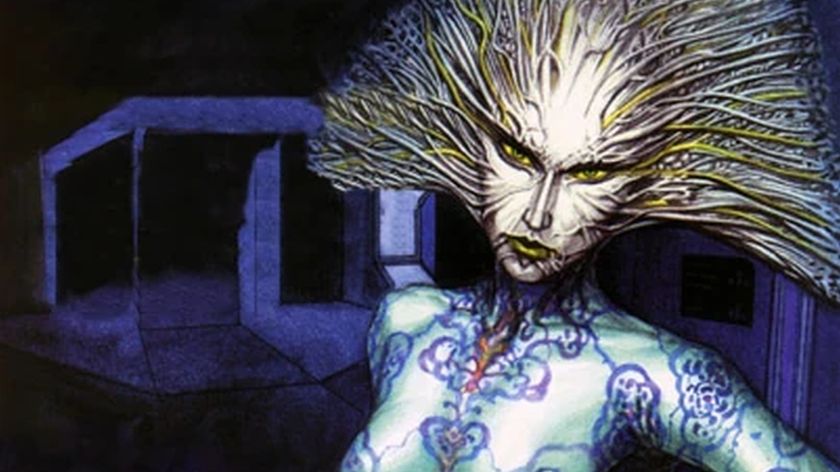
The rights to one of the greatest PC games of all time languished in the vault of a Midwestern insurance firm until a frustrated player bugged them about a re-release, 'But they asked me if I wanted to do System Shock 3'
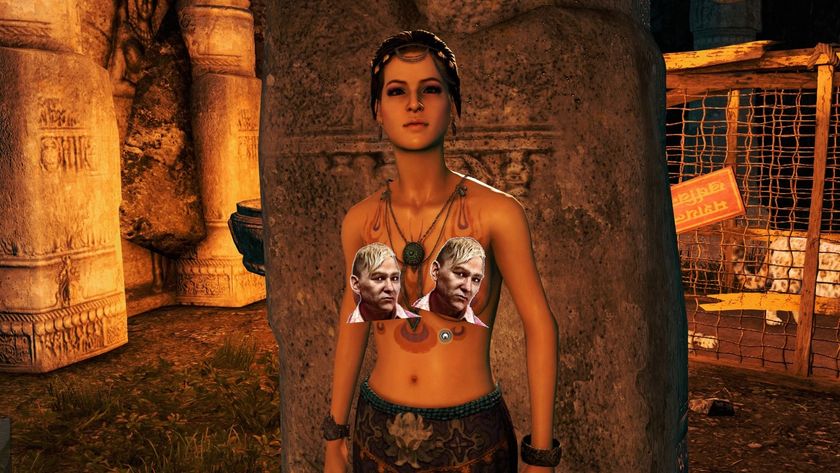
Ubisoft frantically patches nudity back into Far Cry 4 after accidentally patching it out
